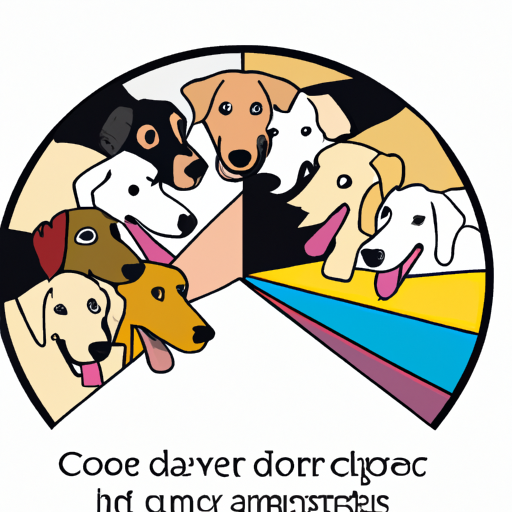Overview
As a loving caregiver, you are the first line of defense in your dog’s health. You’re the one who notices when things are not quite right, when your furry friend is not their usual playful self. One disease that often lurks in the shadows, causing considerable worry, is cancer. It’s important to understand its prevalence and the steps you can take to mitigate risks.
Understanding the Prevalence
Cancer is unfortunately quite common in dogs. According to the American Veterinary Medical Association, almost 50% of dogs over the age of 10 will develop cancer[^1^]. This statistic might seem alarming, but it’s important to remember that not all cancers are fatal and many can be managed with early detection and treatment.
| Age Group | Cancer Rate |
|---|---|
| < 10 years | < 10% |
| > 10 years | Nearly 50% |
Recognizing the Signs
Being proactive is key. Watch for changes in your dog’s behavior, eating habits, or physical appearance. Some common signs of cancer in dogs include:
- Abnormal swellings that persist or continue to grow
- Sores that do not heal
- Weight loss
- Loss of appetite
- Bleeding or discharge from any body opening
- Offensive odor
- Difficulty eating or swallowing
- Hesitation to exercise or loss of stamina
- Persistent lameness or stiffness
- Difficulty breathing, urinating, or defecating
Taking Preventative Measures
While there is no guaranteed way to prevent cancer in dogs, you can take steps to reduce the risk and promote overall health. Some strategies include:
- Regular Check-ups: Schedule yearly veterinary appointments for younger dogs and bi-annual check-ups for dogs over the age of 8.
- Balanced Diet: Feed your dog a balanced, nutritious diet. Avoid processed foods and opt for whole, natural ingredients when possible.
- Exercise: Regular physical activity can help keep your dog healthy and reduce the risk of cancer.
- Spaying/Neutering: Some types of cancer can be reduced through spaying or neutering.
Exploring Treatment Options
While the diagnosis of cancer can be devastating, remember that many forms of the disease are treatable, especially if caught early. Treatment options may include surgery, chemotherapy, radiation therapy, immunotherapy, or a combination of these.
FAQs
Q: What breeds are most prone to cancer?
A: While any breed can get cancer, some breeds like Golden Retrievers, Boxers, and Bernese Mountain dogs have a higher incidence of the disease.
Q: Can diet cause cancer in dogs?
A: There’s no definitive link between diet and cancer, but a poor diet can contribute to overall poor health.
Q: Is cancer in dogs painful?
A: Not always. Some cancers cause no discomfort at all, while others can cause significant pain.
Q: Can dogs recover from cancer?
A: Yes, many dogs successfully recover from cancer, especially if detected early and treated promptly.



